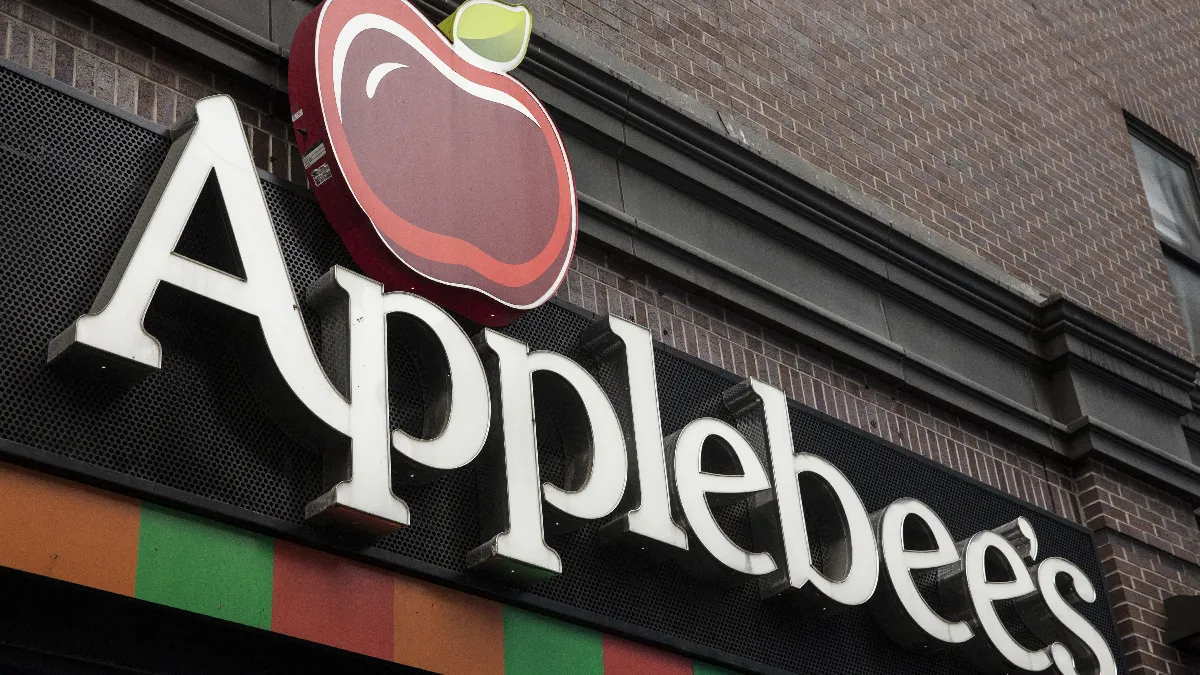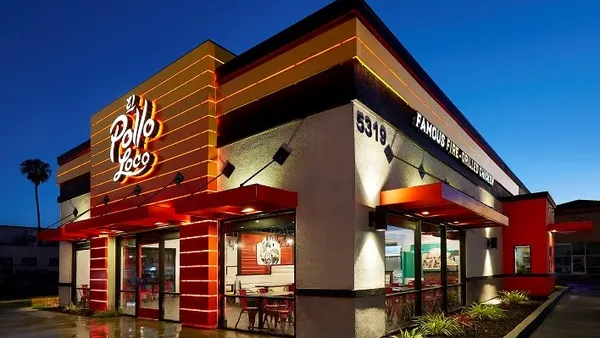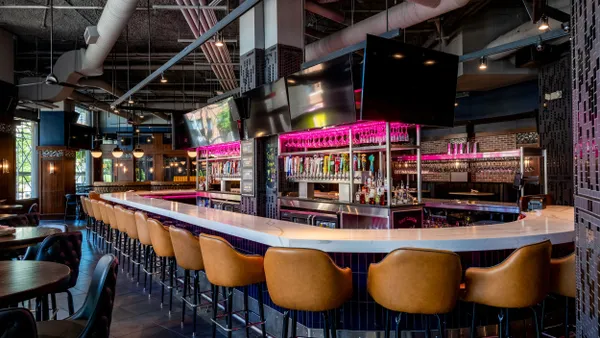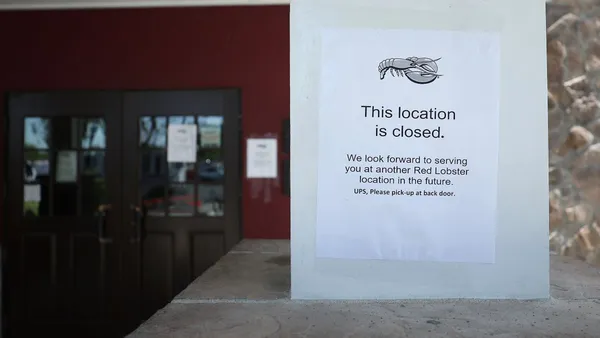Dive Brief:
- An Applebee’s franchisee, Louisiana Apple, has filed for Chapter 11 bankruptcy protection after it was sued by one of its creditors, City National Bank of Florida, over about $8.3 million in debt.
- City National Bank (CNB) of Florida claimed in its suit that ownership of Louisiana Apple’s fourteen restaurants transferred to other owners affiliated with Applebee’s. CNB sought, and obtained, the appointment of a receiver.
- According to a case management summary filed by the receiver, a court appointed authority responsible for the disposition of the debtor’s assets, the Chapter 11 filing is intended “to claw back the transfers of the Restaurants and all related assets, which were transferred for little to no consideration to the Debtors' estates.”
Dive Insight:
Louisiana Apple operated 14 restaurants in Arkansas, Kentucky, Oklahoma and Indiana, according to the case management summary. The operator borrowed $7.1 million from CNB in 2020, and failed to make payments on the loan starting in July 2023. In February, the operator entered into a forbearance agreement, which aimed to help the borrower stabilize its business as it sought to repay debts, with CNB.
That forbearance agreement expired in late May. Louisiana Apple again failed to make payments. In July, according to the case management summary, Applebee’s sued the franchisee and terminated some of its franchise agreements. Shortly thereafter, the receiver claims, Applebee’s and its operator settled the case. Applebee’s assigned the franchisee’s leases to another operator, SBG Apple Central I.
Reassigning the leases amounted to “the transfer of full control over the assets of [Louisiana Apple] to the SBG Entities as well as full control over the operation of the Restaurants to the SBG Entities,” according to the case management summary. In the complaint which resulted in the appointment of the receiver, CNB claimed those actions violated the loan agreements.
The court documents say little about the factors that pushed Louisiana Apple to default on its debts. Dine Brands’ latest 10-Q shows Applebee’s same-store sales have decreased in year-over-year terms every quarter beginning Q2 2023. Applebee’s domestic restaurant count fell from 1,554 at the end of Q2 2023 to 1,520 at the end of Q2 2024.
In at least one other instance this year, a creditor has seized the assets of an ailing casual dining company: TGI Fridays’ takeover by bondholders. The Fridays seizure and the Louisiana Applebee’s clawback suit and subsequent Chapter 11 filing indicate creditors are beginning to exercise more aggressive means to recoup collateral or remedy defaults on bond and loan terms.
Other restaurant bankruptcies this year have also been preceded by conflicts between franchisors and franchisees. In EYM Pizza’s case, both the operator and Pizza Hut sued each other over ostensible breaches of contract. A recent Chapter 11 filing by a Dickey’s Barbecue Pit franchisee, likewise, cited pressure from a parent brand as a contributing factor in an operator’s troubles.














